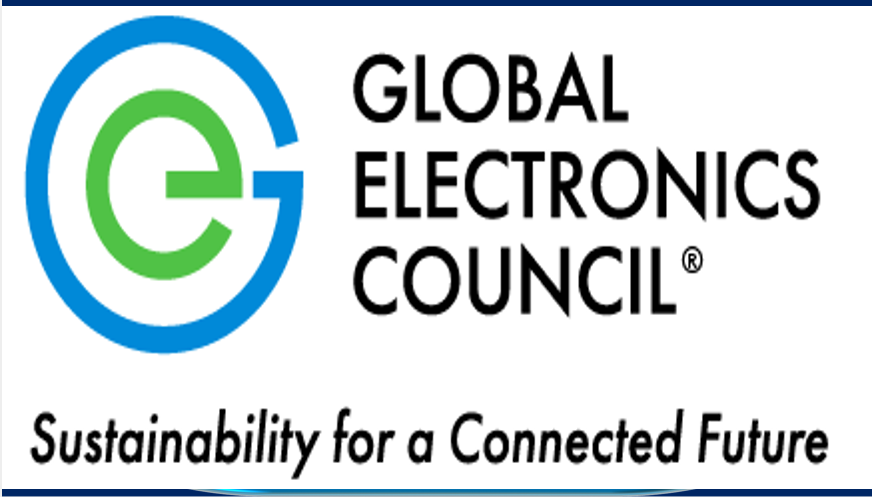The Global Electronics Council (GEC) has released its updated EPEAT criteria, setting a new standard for sustainability across the electronics industry. This major update, which will take effect on November 1, 2025, reinforces EPEAT as the leading global ecolabel for electronics, promoting environmentally and socially responsible products throughout their lifecycle.
The revised criteria address critical issues such as climate change, circularity, chemical safety, and responsible supply chains. They aim to reduce greenhouse gas emissions, promote recycled materials, enhance product energy efficiency, and improve labor practices within the electronics supply chain.
Bob Mitchell, CEO of GEC, explained, “The updated criteria provide the most comprehensive framework yet to drive sustainability in the global electronics market. They empower both manufacturers and consumers to make informed, responsible choices that benefit the environment and society.”
Key areas of focus in the new criteria include:
- Climate: Reducing greenhouse gas emissions through energy-efficient products and supply chain decarbonization.
- Circularity: Encouraging the use of recycled materials, improving repairability, and ensuring responsible end-of-life management.
- Chemicals: Minimizing hazardous substances in electronics and enhancing supply chain transparency.
- Responsible Supply Chains: Strengthening labor rights, environmental management, and ethical mineral sourcing in global supply chains.
The updated EPEAT criteria were developed through a multi-stakeholder consensus process and are aligned with international sustainability goals. Since its inception in 2006, EPEAT has already helped avoid 341 million metric tons of CO2 emissions, saved 800,000 gigawatt hours of energy, and resulted in $34 billion in lifetime product savings.
Paul Chamberland, CIO at McGill University, expressed enthusiasm for the new standards: “We’re excited about sourcing electronics that meet these new sustainability criteria. As we continue to track and manage environmental and social impacts in our supply chain, these criteria will be invaluable in helping us source more responsibly.”
This update signals a powerful step towards a more sustainable and ethical electronics industry, empowering both buyers and manufacturers to adopt practices that contribute to a healthier planet and a fairer global supply chain.

